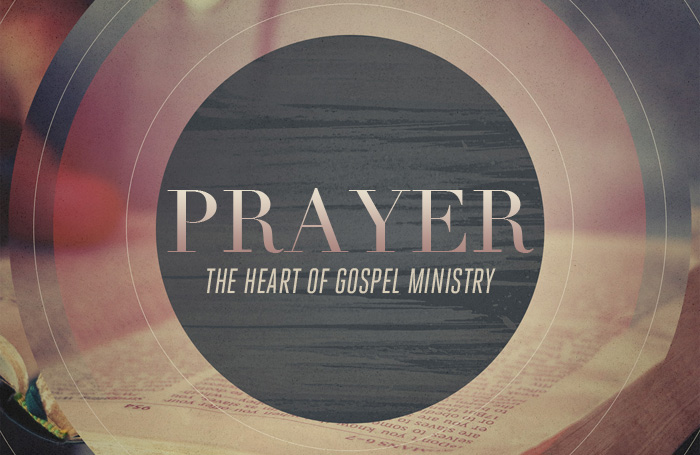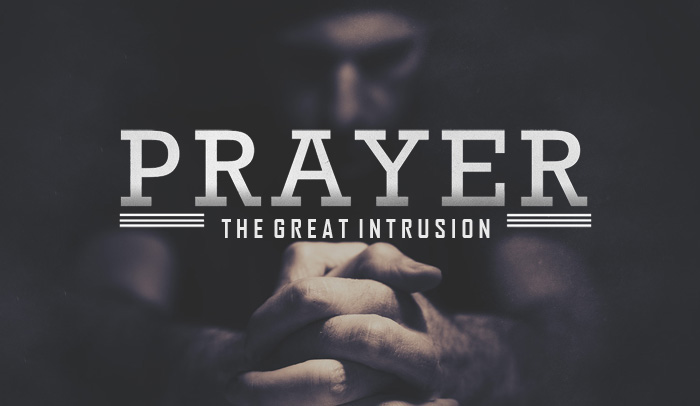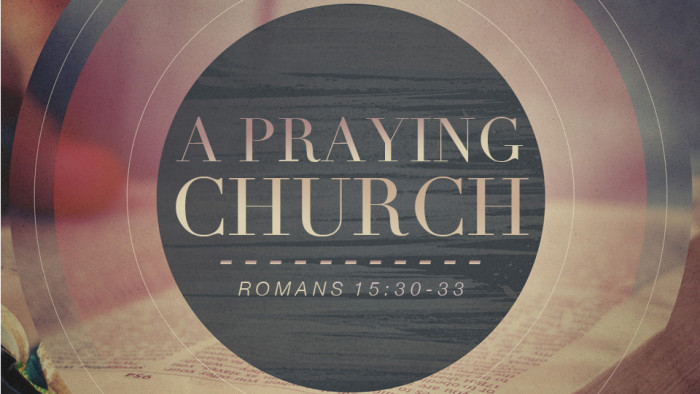I have two simple maxims on the place of prayer in pastoral ministry: 1) prayer is the greatest work, and 2) prayer is the hardest work. The Lord Jesus set the model for us. His life of prayer was full of dependency, consistency, and expectancy. A desire to pastor “like Jesus” calls for careful attention to His prayer life.
While you can’t properly call it a prescription, one unassailable description of Jesus’ prayer life was His affinity for praying early in the morning. Mark famously recounts Jesus’ patter in prayer in 1:35 saying, “And rising very early in the morning, while it was still dark, he departed and went out to a desolate place, and there he prayed” (cf. Luke 4:42).
A Commendation, Not a Command
In a sermon entitled “Christ the Example of Ministers” Jonathan Edwards exhorts,
The ministers of Christ should be persons of the same spirit that their Lord was of: the same spirit of humility and lowliness of heart; for the servant is not greater than his Lord. They should be of the same spirit of heavenly-mindedness, and contempt of the glory, wealth, and pleasures of this world. They should be of the same spirit of devotion and fervent love to God. They should follow the example of his prayerfulness; of whom we read from time to time of his retiring from the world, away from the noise and applause of the multitudes, into mountains and solitary places, for secret prayer, and holy converse with his Father; and once of his rising up in the morning a great while before day, and going and departing into a solitary place to pray, Mark 1:35.
If someone wants to quibble with the Northampton Man they would probably do so with his three-fold use of “should” in the above paragraph. Many might take Edwards’ language of “should” as a binding command—and they probably should! After all, the word does ordinarily communicate duty. But I want to rescue, what is in my estimation, Edwards’ wise counsel. Minsters of Christ love to model their lives after Christ. So while we ought not command morning prayer of others, we can commend it.
There is an arresting power in pastors so desperately dependent on God they long to see their God’s face first thing in the morning. Consider the spiritual blood-earnestness of M’Cheyne who wrote,
I ought to pray before seeing anyone. Often when I sleep long, or meet with others early, it is eleven or twelve o’clock before I begin secret prayer. This is a wretched system. It is unscriptural. Christ arose before day and went into a solitary place. David said, “Early will I seek thee,” and, “My voice shalt Thou hear in the morning.” Family prayer loses much of its power and sweetness, and I can do no good to those who come to seek from me. My conscience feels guilty, my soul unfed, my lamp not trimmed. Then, when in secret prayer, the soul is often out of tune. I feel it is far better to begin with God—to see His face first—to get my soul near Him before it is near another.
Yes, it does seem better to begin the day with Him.
Praying Like Jesus Prayed
A modern author, full of grace and mercy, who sounds a similar call is Paul Miller in his book A Praying Life. He says, “Jesus’ pattern of morning prayer follows the ancient rhythm of the Hebrew writers who bent their hearts to God in the morning.” A sample from the Psalms echo the biblical commendation I’m trying to draw out:
- “O Lord, in the morning you hear my voice; in the morning I prepare a sacrifice for you and watch.” (5:3)
- “But I will sing of your strength; I will sing aloud of your steadfast love in the morning.” (59:16)
- “But I, O Lord, cry to you; in the morning my prayer comes before you.” (88:13)
- “Let me hear in the morning of your steadfast love, for in you I trust. Make me know the way I should go, for to you I lift up my soul.” (143:8)
With Jesus and the Psals in mind Miller goes on to offer the following “seven simple suggestions for how you can spend time with your Father in the morning”:
- Go to bed. What you do in the evening will shape your morning. The Hebrew notion of a day as the evening and morning (see Genesis 1) helps you plan for prayer. If you want to pray in the morning, then plan your evening so you don’t stay up too late. The evening and the morning are connected.
- Get up. Praying in bed is wonderful. But you’ll never develop a morning prayer time in bed. Some of my richest prayer times are at night. I’ll wake up praying. But those prayer times only began to emerge because I got out of bed to pray.
- Get awake. Maybe you need to make a pot of coffee first or take a shower.
- Get a quiet place. Maybe a room, a chair, or a place with a view. Or maybe you do better going for a walk. Make sure that no one can interrupt you.
- Get comfortable. Don’t feel like you have to pray on your knees. For years I was hindered from praying because I found it so uncomfortable to pray on my knees.
- Get going. Start with just five minutes. Start with a small goal that you can attain rather than something heroic. You’ll quickly find that the time will fly.
- Keep going. Consistency is more important than length. If you pray five minutes every day, then the length of time will slowly grow. You’ll look up and discover that twenty minutes have gone by. You’ll enjoy being with God. Jesus is so concerned about hanging in there with prayer he tells “his disciples a parable to show them that they should always pray and not give up” (Luke 18:1, NIV).
That’s helpful and simple counsel. May you put it to discerning use in your ministry.
Don’t doubt the power of devoted morning prayer. It may just be the spiritual catalyst your ministry is missing.





